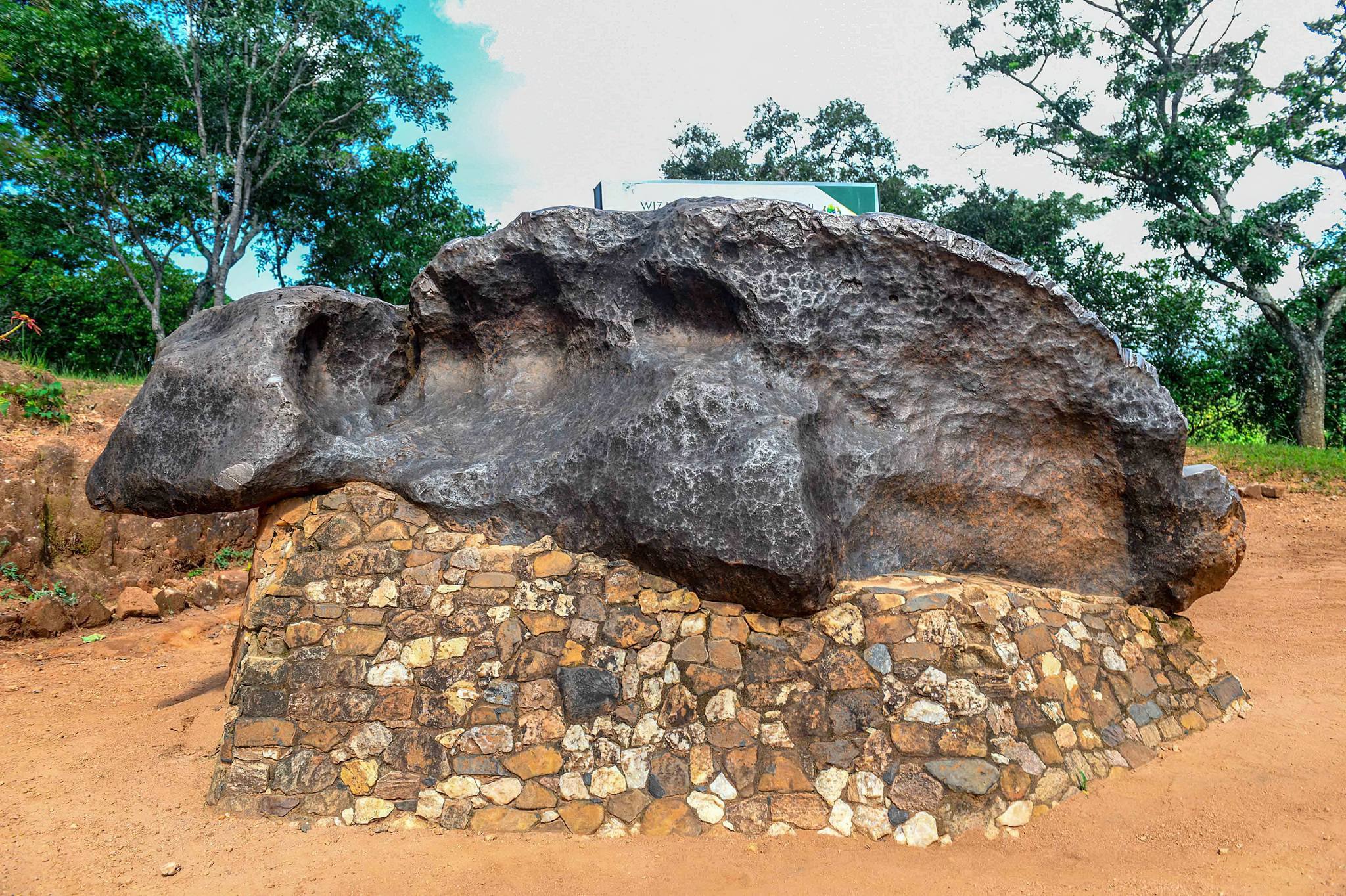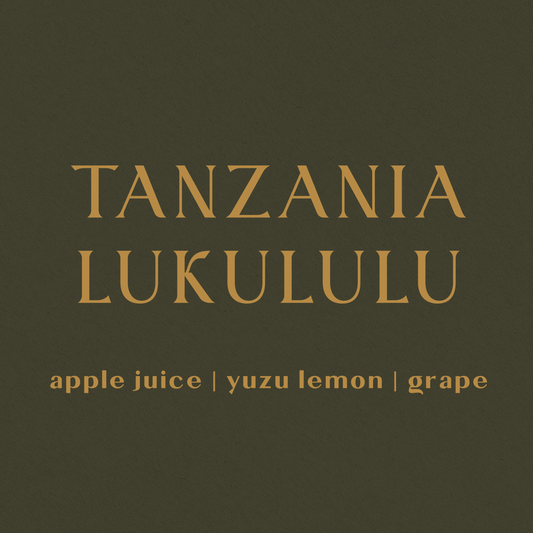
Mbozi
Mbozi, Tanzania: A Regional Profile of Coffee Trade and Potential
1. Regional Overview and Historical Context
The Mbozi district, located in the Songwe Region in southwest Tanzania near the Zambian border, is one of the country's most important coffee-producing zones. With elevations ranging between 1,200 and 1,900 meters above sea level, the region enjoys a favorable highland climate characterized by rich volcanic soils, moderate rainfall, and warm days with cool nights—ideal conditions for growing high-quality Arabica coffee.
Coffee cultivation in Mbozi dates back to the colonial period but gained particular momentum post-independence, when the Tanzanian government prioritized agricultural development in southern highland regions. Mbozi became a hub of both cooperative farming and private smallholder activity, producing coffees noted for their clean, bright acidity and balanced sweetness.
2. Coffee Production and Varietals
The majority of coffee in Mbozi is grown by smallholder farmers, typically cultivating 1 to 3 hectares of land. Farms are intercropped with bananas, maize, and beans, contributing to soil health and household food security. The most commonly planted varietals include Kent, Bourbon, and SL28, known for their quality potential under high-altitude conditions.
The harvest season in Mbozi runs from May through October, and cherries are either delivered to local washing stations (wet mills) or processed at the farm level using small-scale hand pulpers and drying beds. Many cooperatives and farmer groups have begun adopting improved post-harvest practices, including controlled fermentation and selective hand sorting, to enhance cup quality and consistency.
3. Trade Infrastructure and Export Channels
Mbozi benefits from relatively strong regional infrastructure, particularly its access to the Tunduma border corridor, which connects it to both the Tanzanian port of Dar es Salaam and markets in neighboring Zambia and Malawi. Most coffee from Mbozi is transported to the Tanzania Coffee Board auction in Moshi, though a growing number of cooperatives are participating in direct trade relationships with international buyers, particularly from Japan, Germany, and the U.S.
In recent years, several exporters and NGOs have partnered with farmer groups in Mbozi to strengthen traceability systems, improve processing facilities, and train producers on specialty market standards. These efforts have led to an increase in microlots from Mbozi being featured by specialty roasters worldwide.
4. Flavor Profile and Market Position
Coffees from Mbozi are known for their bright citrus acidity, medium to full body, and notes of red fruit, honey, and chocolate. When properly processed, Mbozi coffees can rival those from better-known Tanzanian regions such as Mbeya or Kilimanjaro. Peaberries from this region are particularly prized for their concentrated sweetness and lively cup character.
Although Mbozi remains less recognized internationally than other East African origins, its coffees are increasingly being included in limited-edition offerings and single-origin espresso blends. The region's potential lies in its capacity to deliver consistent, high-elevation coffees with both cup quality and production scale.
5. Challenges and Opportunities
The Mbozi coffee sector faces several challenges, including limited access to processing equipment, aging tree stock, and the effects of climate variability. Additionally, many farmers lack formal training in agronomy or business management, which limits their ability to scale or differentiate their product.
However, the region’s opportunities are significant. Continued investment in processing infrastructure, producer education, and direct-to-market logistics could position Mbozi as a competitive origin in the global specialty coffee trade. Organizations promoting regenerative agriculture, improved drying techniques, and transparent sourcing are already beginning to make an impact.
With ongoing development, Mbozi has the potential to become not just a productive region, but a recognized origin of excellence within Tanzania’s growing specialty coffee landscape.
Learn more about the Origin
Shop Coffees from Mbozi
-
 Sold out
Sold outTanzania Lukululu
Regular price From $20.00 USDRegular priceUnit price / per


